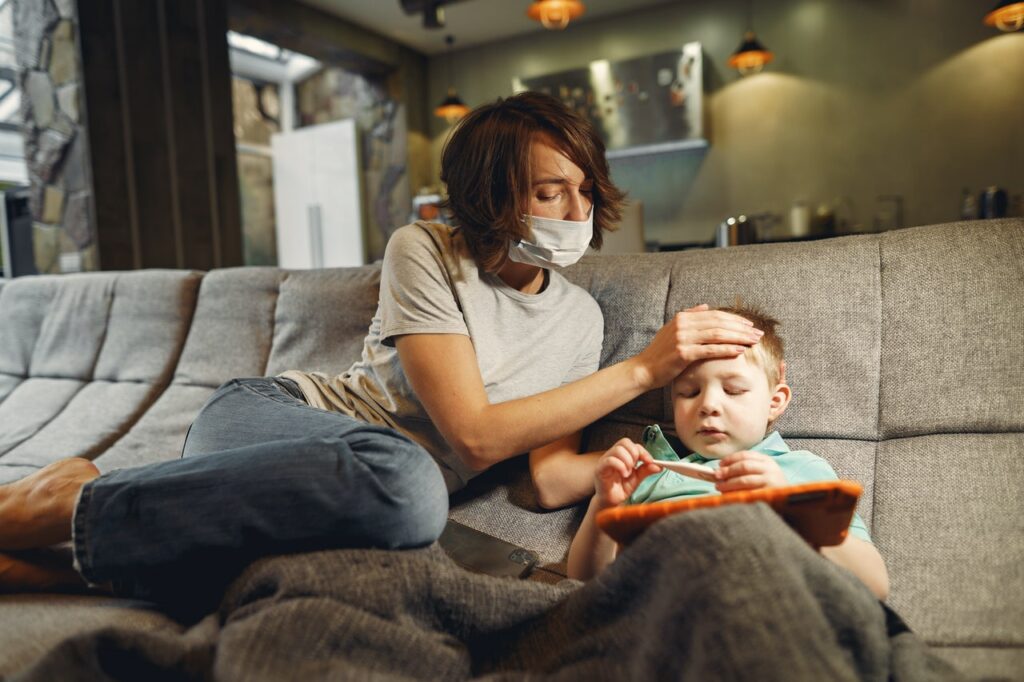Fever is often a sign that there is an infection present. It works to fight the infection by inhibiting the growth of bacteria and viruses. Additionally, fever helps to increase the activity of the immune system so that it can better attack the pathogens.
Although the presence of fever can be alarming, you don’t have to panic when your child contracts it. In this guide, we’ll show you what you need to do when your child is feeling feverish.
Is Fever Helpful?
A fever is the body’s way of fighting infection.
The body temperature of humans and animals rises with fever. It can be an excellent way to fight off disease.
What Causes a Fever?
A fever is caused by the body’s immune system working to fight an infection. There are many possible causes for a fever, including a cold, flu, ear infection, or even pneumonia.
Nearly all infections cause a fever. When your body detects that there is an infection, the immune system responds. Your immune system’s response to infections is known as fever.
When a foreign body enters the body, the immune system responds. The white blood cells attack to destroy it. This is why the immune system produces a fever.
What Should You Do When Your Child Has a Fever?
If your child is awake, he or she should stay at home and rest. Giving your child acetaminophen or ibuprofen can help reduce the fever. However, don’t give your child aspirin if he or she is under age 16.
If your child is feeling pain, you might be tempted to give him or her some sort of pain reliever. But, it’s best to wait. You should wait until the fever subsides. That way, you can give your child a pain reliever that isn’t likely to interact with the fever.
If your child is running a fever, you should make an appointment to see your сhild’s doctor. You should also make an appointment if the fever lasts for three days or more.
Treating Fever without Medication
1) Keep Child Hydrated
Make sure your child stays hydrated throughout the day. This is a good way to prevent dehydration. You should offer them plenty of fluids and fruits.
2) Keep Room Cool, But Not Cold
If your child has a fever, keeping the room at a cool temperature can offer some relief. You should try to keep the temperature at around 68 degrees F. However, if your child is feeling uncomfortable, you should dress them accordingly.
3) Limit Physical Activity
Although they may not want to, children should limit their physical activity while they are running a fever. Make sure your child rests for the day, but you can provide some entertainment if needed.
Conclusion
When a child is running a fever, it’s natural to worry. But, try to relax and offer your child plenty of comfort. Fever is a signal from the immune system that the body is fighting infection. Just be sure to keep your child hydrated and comfortable.
It’s always a good idea to call your local physician if the fever persists. Get telemedicine in Orlando, FL at Your Kids Urgent Care. Get in touch with us today to learn more.



